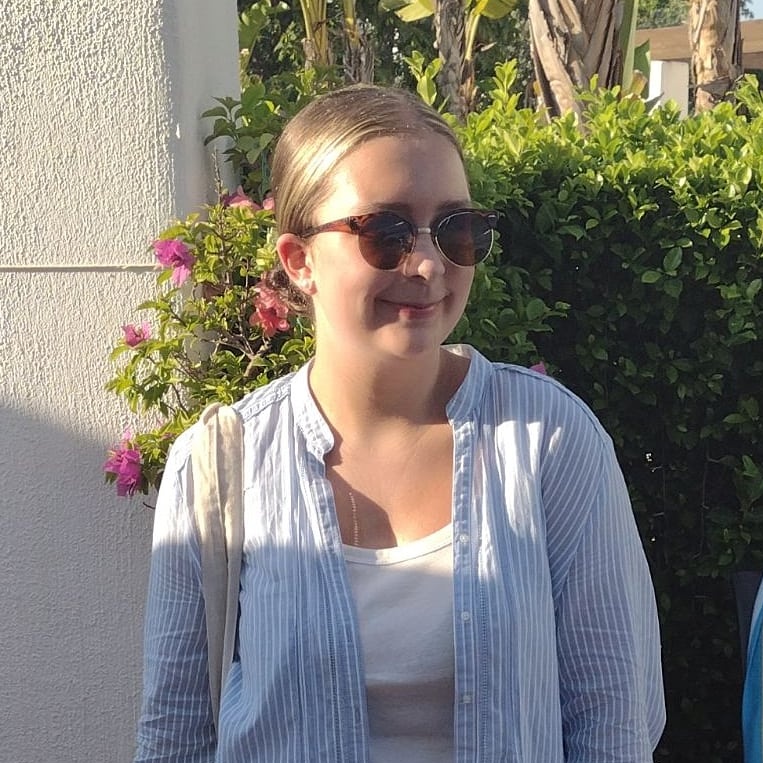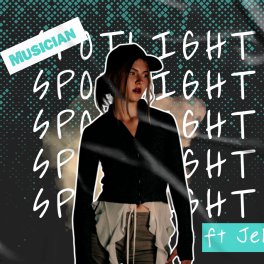
Creative writing can take a myriad of forms. When I first started writing, I was only familiar with poetry and prose, which limited my creativity to a degree. Until I joined writing clubs, expanded my reading and started getting involved in the literary world, I wouldn't have considered forms such as playwriting and screenwriting (or understood the difference). However, being aware of such forms allows you to find the perfect way of expressing your story. Plus, you might find that you are a natural at writing dialogue but can't get your head around iambic pentameter. Here are the perks of a couple of creative forms and why you might choose them for your next best-selling movie, book or play.
Firstly, novel writing. My starting point would be a short story. Try writing one based on a concept you are passionate about or revisit an old one buried in your files. If you get quite attached to the characters, feel that their world is wider than what 1000-ish words can capture and reckon you could get 80,000-ish out of the protagonist, consider making your story into a book. Personally, the main difference tends to be the purpose of the story. If you have one purposeful message to convey, I would stick with a short story. While novels have a central theme (I visualise this as a tree), they have subplots which are linked but equally their own to flourish and share other messages (the branches of the tree). Short stories are suitable for zoning in on a particular aspect of a certain character as well, whilst novels tend to be better for exploring an entire cast of people with multi-dimensional lives. Around the 15,000-word mark of your novel, you will likely start to feel whether the plot works, needs a few tweaks or will be sent straight to the long-lost idea pile. Novels are suitable for a passion or interest you are highly invested in and ready to commit to long-term, but short stories are great for those lightning strikes of inspiration that can't resist being on a page. Do not be afraid to expand a world you love into a book, but at the same time, it is generally not worthwhile using over 50,000 words to drag out a point which could have been summed up in 500.
Next, scripts and plays. If you do not enjoy writing pages of detailed, romantic or poetic description, these forms might fit your style. Writing my first full-length play recently has revealed challenges unique to this craft. Firstly, there are stage elements involved, such as lights and costumes, and you (usually) lose a certain amount of creative control as you are creating with the intention of a director or actor, for example, taking over your world with their brilliance. If you are one of those writers who visualises their story with camera angles, dramatic music playing in the background or even choreography, try exploring scripts and plays. Through these forms, you can add these details to ensure they are included and portray your character's inner feelings, thoughts or experiences through elements beyond their mental descriptions of the world (as a book would do). However, if you desire a complete sense of control over your world and your character’s every move, I would suggest novel or prose writing. If you are open to someone diving into your characters and pulling out fresh aspects of them, allowing them to flourish in new ways and getting to see your work performed, scripts and plays might be your go-to.
Finally, poetry and songs. Both crafts involve consideration of rhythm and rhyme, and they can deepen your work by adding the double influence of being read aloud or silently. Have you ever heard someone read a poem out loud and found a completely different meaning? Through your control of punctuation, syllables and simply how the work flows, you are controlling how the words should be spoken and therefore how they should influence your audience. Naturally, songs are different to poetry as you generally need an understanding of how music works to enhance your songwriting (chords for example), but both crafts are great for anyone who enjoys over-analysing lyrics, novels with a melodic quality or finds expressing themselves through the spoken word or sounds more suitable.
All forms of writing can be explored by every writer, but you might come across one that sticks. You could try to write a verse, paragraph or page of dialogue for each of these forms with the same characters to see which one truly brings them to life. Overall, if you are facing writer's block over that one piece that just doesn't sound right, try putting it into a completely different form. You might be the next upcoming playwright, scriptwriter or novelist!
Support Young Creators Like This One!
VoiceBox is a platform built to help young creators thrive. We believe that sharing thoughtful, high-quality content deserves pay even if your audience isn’t 100,000 strong.
But here's the thing: while you enjoy free content, our young contributors from all over the world are fairly compensated for their work. To keep this up, we need your help.
Will you join our community of supporters?
Your donation, no matter the size, makes a real difference. It allows us to:
- Compensate young creators for their work
- Maintain a safe, ad-free environment
- Continue providing high-quality, free content, including research reports and insights into youth issues
- Highlight youth voices and unique perspectives from cultures around the world
Your generosity fuels our mission! By supporting VoiceBox, you are directly supporting young people and showing that you value what they have to say.





